
The journal Archives of Pediatrics & Adolescent Medicine has this month published a new study by Cornell University researchers that provides evidence of a rainfall-related environmental trigger for autism among genetically vulnerable children. “This analysis is an important first step towards identifying a specific environmental trigger, or triggers, for autism,” said the study’s lead author Michael Waldman.
While many autism experts believe that the disorder is triggered by the combination of an environmental trigger and a genetic predisposition, there are few clues as to what the important environmental triggers might be. “Our hope is that this study will spur those in the medical community to investigate what the specific trigger might be that is driving our findings, so that countless children can be spared an Autism Spectrum Disorder diagnosis,” said Waldman, a professor of management and economics.
The study – based on a statistical estimate of how many autistic children in the sample were diagnosed with autism due to the added or incremental exposure to the possible environmental triggers related to precipitation – suggest that as many as 30 percent or more of autism diagnoses may be due to an environmental trigger or triggers related to levels of precipitation where the children live.
The researchers say that their findings solidify the need for further research focused on identifying what the exact environmental trigger might be.
Related:
Autism, Asperger’s and Evolution
Uncovering Autism’s Disconnects
ADHD A Benefit In The Wild?

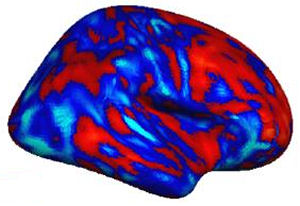



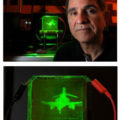



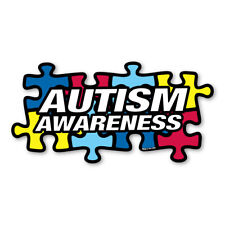
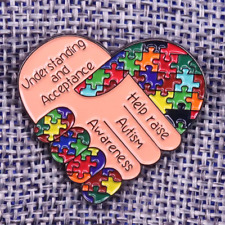





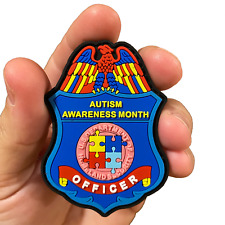

Comments are closed.